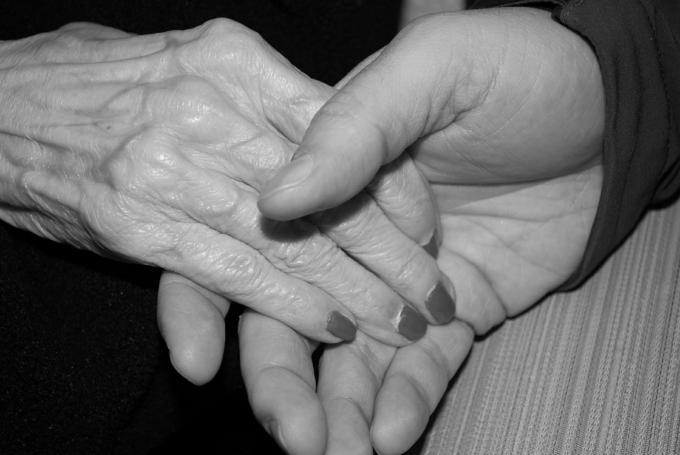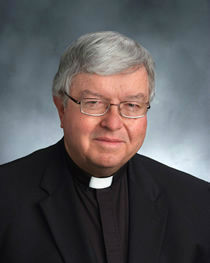
Faith
Pope (now St.) John Paul II provided for such a circumstance in his 1981 apostolic exhortation 'Familiaris Consortio'.

Doyle
Q. My sister married in the Catholic Church while very young. After a couple of years, that marriage fell apart and eventually she received an annulment from the Catholic tribunal. After a few years, she met a divorced man who had been married previously in the Catholic Church and she married him in a civil ceremony.
Over 30 years have now passed, and they stopped having conjugal relations some years ago. Because of multiple social, financial and health issues, they still live under the same roof -- although in separate rooms.
My sister wants to come back to the church and receive the sacraments. The family has met with two priests and received two different opinions. The first priest indicated that she cannot receive the sacraments unless she divorces.
The second one said that, since there is no expectation of further sexual relations (they would continue to maintain a brother-sister relationship), she can receive the sacrament of reconciliation and then holy Communion. Please let me know the church's position. (Baton Rouge, Louisiana)
A. I would agree with the second priest. In fact, Pope (now St.) John Paul II provided for such a circumstance in his 1981 apostolic exhortation "Familiaris Consortio," saying that "reconciliation in the sacrament of penance, which would open the way to the Eucharist" can be granted "when, for serious reasons, such as for example the children's upbringing, a man and a woman cannot satisfy the obligation to separate, they (quoting from a homily he had given a year earlier) 'take on themselves the duty to live in complete continence.'"
(Note: I would deem as "serious reasons" what you describe as "multiple social, financial and health issues.")
Q. Did the resurrected Jesus have a human body? (Carrollton, Georgia)
A. It is a fundamental truth of Christianity that Jesus rose from the dead in his physical body. (This differs from the doctrine of Jehovah's Witnesses, who hold that the post-resurrection Christ was spiritual, not physical.) Christians believe that the Jesus who appeared to more than 500 witnesses after Easter (1 Cor 15:6) was not a ghost but was actually there -- walking, talking, even eating.
When Jesus showed himself to the disciples in the Upper Room on Easter Sunday night, they were at first terrified and thought that they were seeing a ghost. But he said to them, "Why are you troubled? ... Look at my hands and my feet, that it is I myself. Touch me and see, because a ghost does not have flesh and bones as you can see I have" (Lk 24:38-39).
Seeing them still amazed, Jesus asked them, "Have you anything here to eat?" They gave him a piece of baked fish, which he then ate in front of them (Lk 24:41-42). A week later, still bearing the wounds of the crucifixion, Jesus appeared to Thomas and said, "Put your finger here and see my hands, and bring your hand and put it into my side" (Jn 20:27).
At the same time, though, it needs to be said that Christ's post-resurrection body was somewhat different than his physical body on earth, since it was now glorified -- incorruptible and free of suffering, a promise of what our own bodies will be like in heaven.
He could enter closed rooms, for example, even though the door was locked (Jn 20:19), and he was able to disappear, as he did when he vanished from the sight of the disciples on the road to Emmaus (Lk 24:31); and, of course, he was able to ascend into heaven (Acts 1:9).
- Father Kenneth Doyle is a columnist for Catholic News Service
Recent articles in the Faith & Family section
-
Scripture Reflection for April 21, 2024, Fourth Sunday of EasterJem Sullivan
-
The new Temple: How Easter changes religionDr. R. Jared Staudt
-
The wonder of Ordinary TimeLucia A. Silecchia
-
Is there still responsibility for past sins after confession?Jenna Marie Cooper
-
Wounds, not scarsJaymie Stuart Wolfe


















